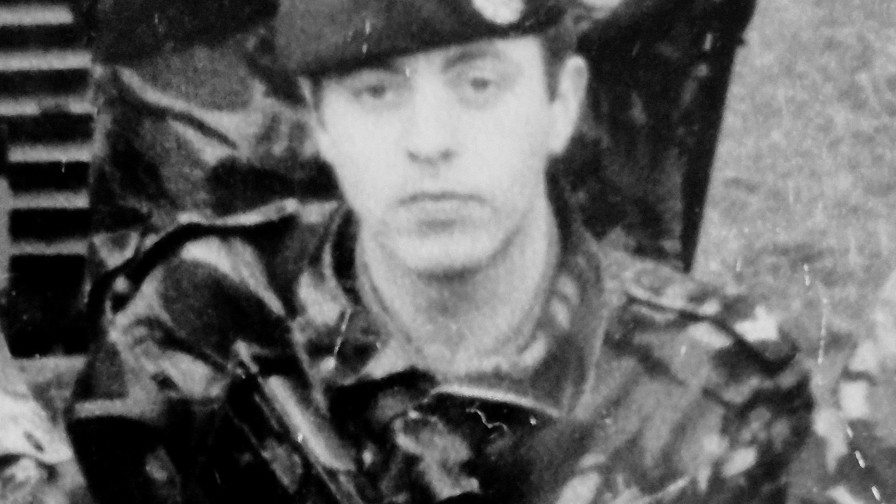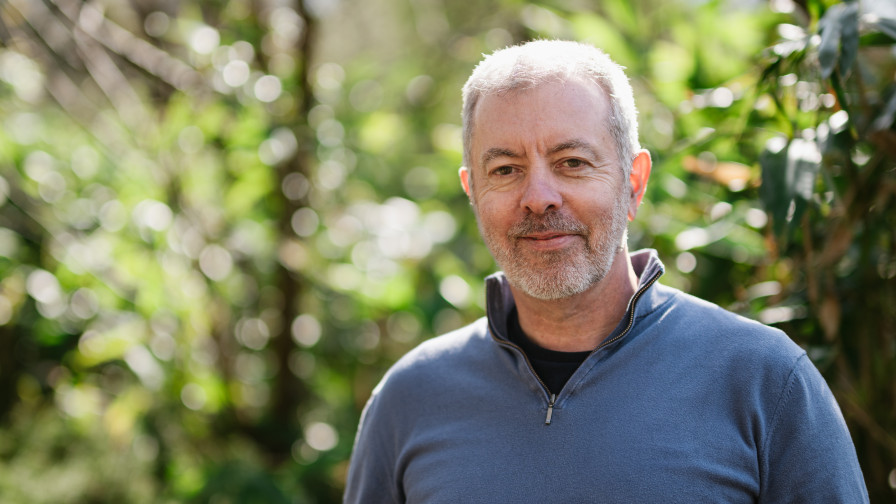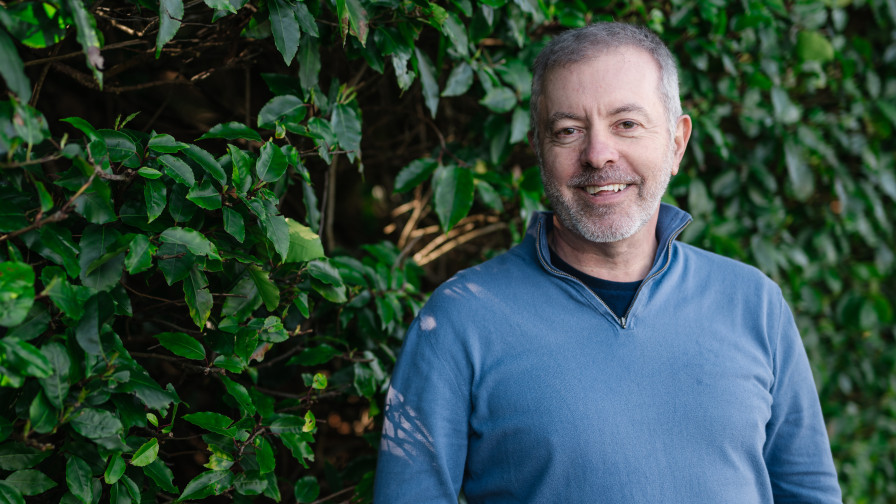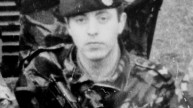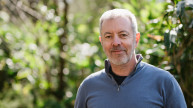Norrie's Story
"Combat Stress has changed my life in ways I can’t describe."
Norrie’s five years’ military service in Northern Ireland left a deep imprint, affecting him for decades. Here, he shares how our specialist mental health treatment transformed his life.
Norrie joined the RAF Police in 1986, seeking stability and purpose. “I grew up in a working-class estate just outside Glasgow, where job opportunities were scarce,” he recalls. “Instantly available and actively recruiting, the Royal Air Force seemed like the best option.”
During his nine years’ service, Norrie thrived on the camaraderie and developed life skills, such as resilience, tenacity, and leadership, which later proved invaluable in civilian life. Initially posted to RAF Lossiemouth, his early roles were uneventful and almost civilian-like. In 1988, however, he volunteered for a posting in Northern Ireland, a decision that would leave a lasting impact.
“I was 20 when I went to Northern Ireland, and it made me who I am today,” he reflects. “You were constantly under pressure, even if you didn’t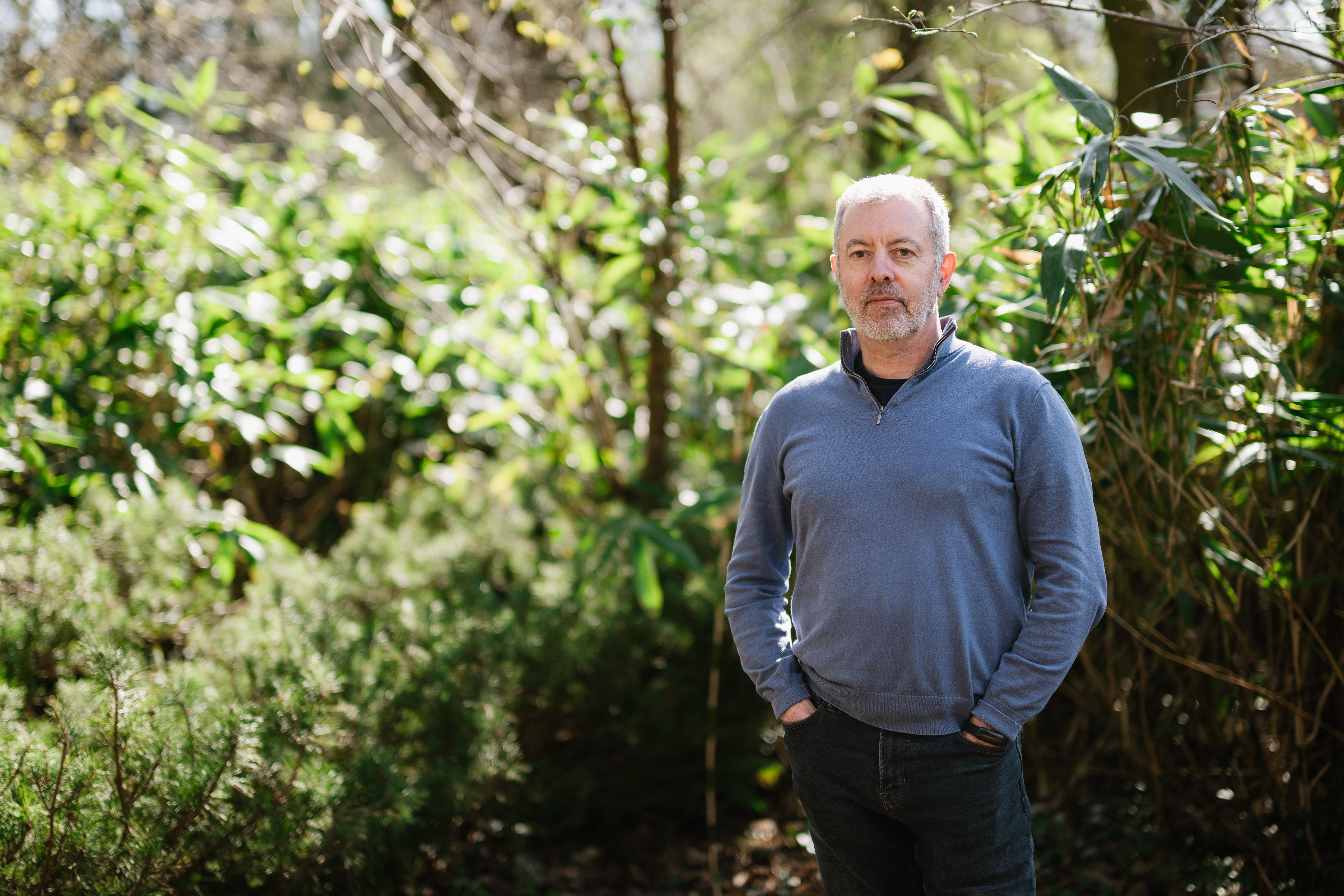
Norrie’s time in Northern Ireland was marked by several traumatic experiences, leaving him with what he describes as “survivors’ guilt.” Despite this, he was expected to carry on. After leaving Northern Ireland he was posted to RAF Finningley, where he found himself battling anger and rebellion. When his nine-year contract ended, he chose to leave the RAF. “Life was tough,” he says. “I had very few qualifications and little money, on my first night on Civvy Street I slept in a cardboard box in a local town because I couldn’t find accommodation.”
Fortunately, Norrie’s grandmother took him in, and he became her full-time carer. He eventually found work and enrolled in university, where he studied risk management. But PTSD lingered in the background, and Norrie threw himself into studying as a coping mechanism.
“I avoided talking about my military experiences and I’ve never worn my medals,” Norrie admits. “For years, I checked under my car for explosives. I hated November — Bonfire Night was excruciating. For my kids, I’d force myself to go, but I was hypervigilant, constantly expecting and preparing for the worst. Recurring nightmares, emotional reactions to emergency sirens, and a constant state of rage and terror consumed me. As a distraction I buried myself in work, which strained my family life. Thankfully, I have a wonderful, supportive family—I don’t know where I’d be without them.”
By 2018, Norrie had achieved a hugely successful career and was also a visiting lecturer at a local university. However, the demands of a very senior job, coupled with global travel and a heavy workload led to a breakdown. A GP suggested he might also be suffering from PTSD.
Norrie joined a local initiative offering free gym access to veterans with physical or mental injuries, but when someone called to ask about his service, he broke down in tears. Meetings with other veterans and hearing himself referred to as a “hero” triggered overwhelming emotions. “Meeting other veterans helped me realise that not all wounds are visible, and I needed help,” he says.
In 2021, Norrie reached out to the Combat Stress Helpline - nearly 30 years after leaving the forces. Following an assessment, he was formally diagnosed with Complex PTSD. “It was such a relief,” he recalls. “You think it’s just you, that you’re weak. Getting the diagnosis meant I wasn’t imagining things, there was something clinically wrong. It opened the door to acceptance and treatment.”
Norrie received therapy at the Combat Stress hub in Glasgow and embraced the journey to recovery. “I was determined to change. I didn’t want to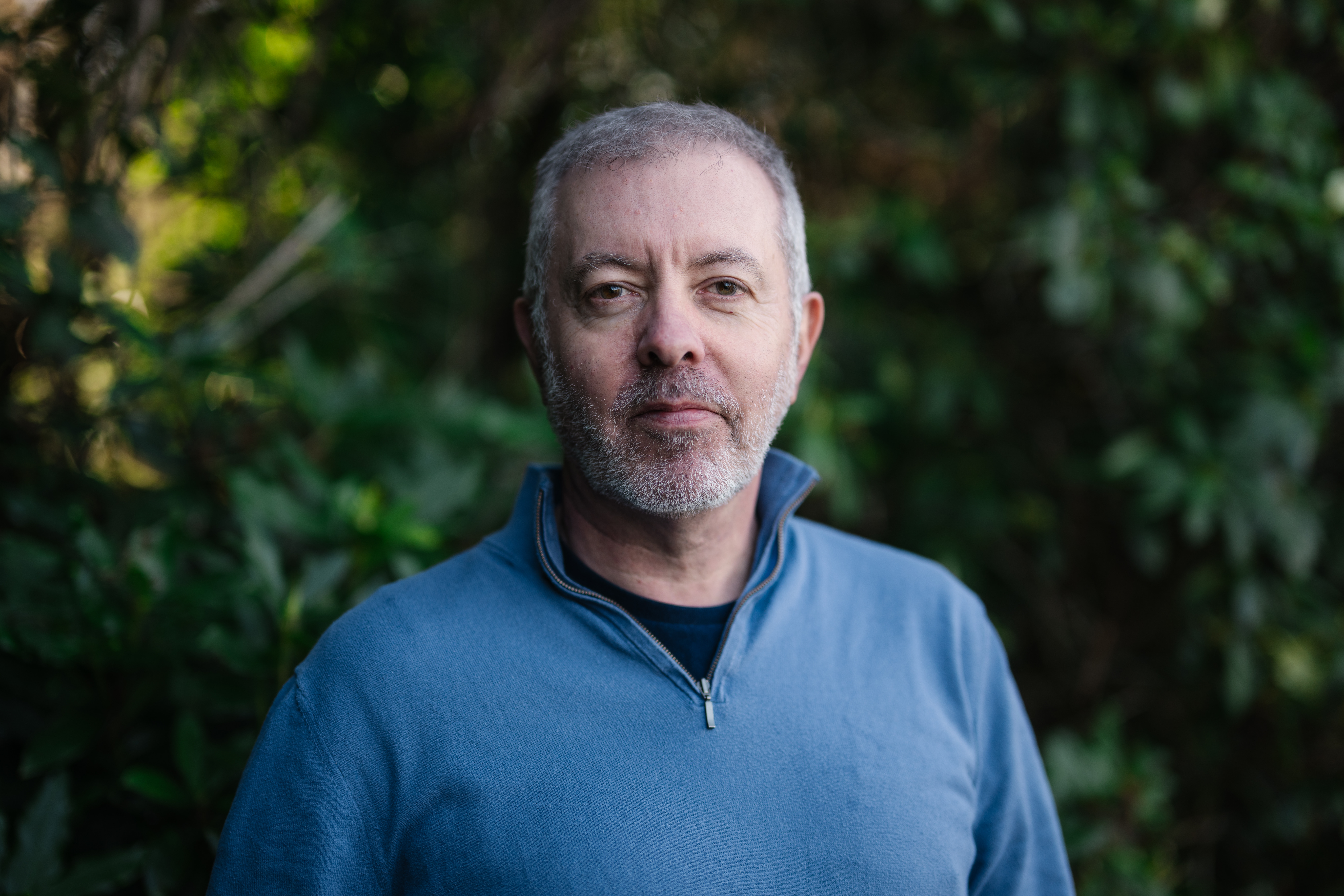
After completing therapy, Norrie participated in the ‘Live Your Life’ programme, a group session facilitated by our occupational therapists and peer support service to help veterans share recovery strategies and integrate personal lessons from their treatment. This experience further solidified his recovery.
Today, Norrie feels like a new person. “I can live in the moment, practice self-compassion, and better understand my emotions,” he says. “I now know who I am, and I’m happy with myself. Combat Stress has changed my life in ways I can’t describe. I can talk about Northern Ireland now, which I never thought possible. Their kindness and support came at a time when I needed it most. Thank you.”
March 2025

